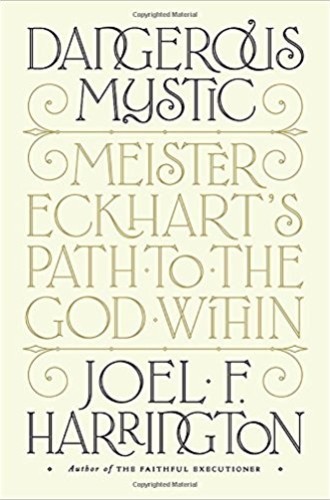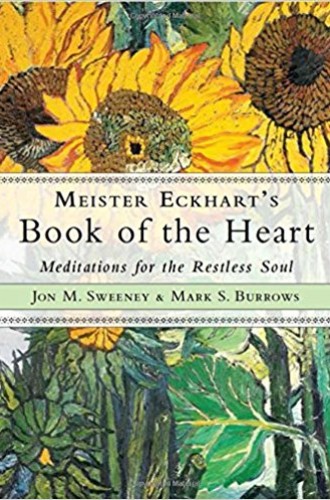How Christian was Meister Eckhart?
The eccentric preacher's ideas hover between God's absolute otherness and God's self-revelation in Christ.
I met Meister Eckhart in my midtwenties, by chance, as we say. I’d come across a passing reference to an old book on the Friends of God, a small reform movement that began in the 14th century (one of many in the Catholic Church at that time) in the Rhineland, inspired by Eckhart’s teaching. The book was available from a scholarly reprint house, and—as was the custom pre-Amazon—I special-ordered it, waited a couple of months, and devoured it when it finally arrived. The book itself was rather dry and sober, but it riveted my attention. What kept me reading, above all, was the emotion I felt when I first saw the phrase “Friends of God.”
As historian Joel Harrington is eager to emphasize in his breezy biography of Eckhart, many people from wildly diverse backgrounds could testify to similar encounters with the medieval teacher. “Millions of Roman Catholics and other Christians have claimed the rehabilitated preacher as one of their own, not to mention many Zen Buddhists, Sufi Muslims, Advaita Vedanta Hindus, Jewish Cabbalists, and a wide variety of other seekers who describe themselves as spiritual but not religious.” By this point—even before Harrington has added that “John Cage and John Adams have each written musical works inspired by the teachings of Meister Eckhart”—you will have gathered that this biography is not written primarily for those millions who (like me) read Eckhart as an incorrigibly Christian teacher.
Harrington frankly acknowledges how little we know about Eckhart beyond the bare outlines of his life. But the biographer fills in the gaps by colorfully evoking the time (he surprises us by labeling the span of Eckhart’s life, roughly 1260 to 1328, an era of rampant “consumerism”) and the social background (minor nobility). Around the age of 15, Eckhart began his novitiate at the Dominican cloister in Erfurt, in what is today central Germany, about 30 miles from the hamlet where he was born.







